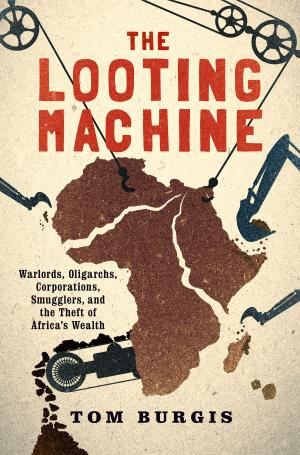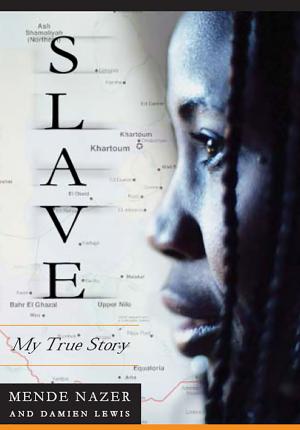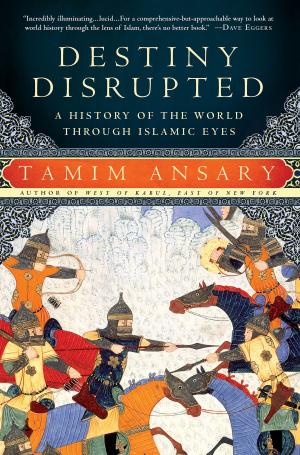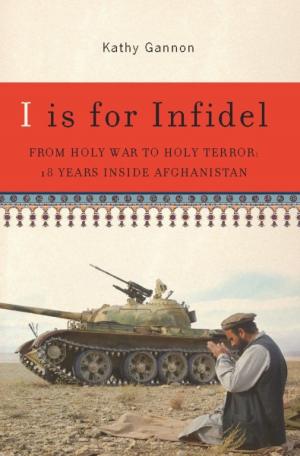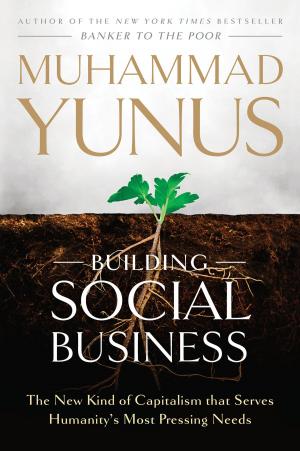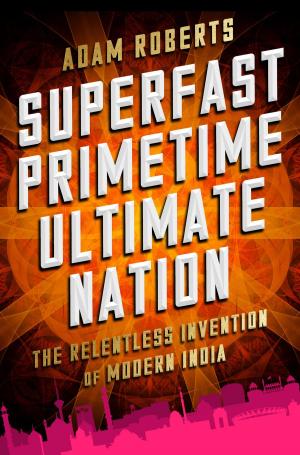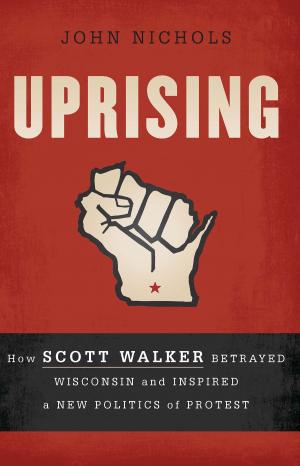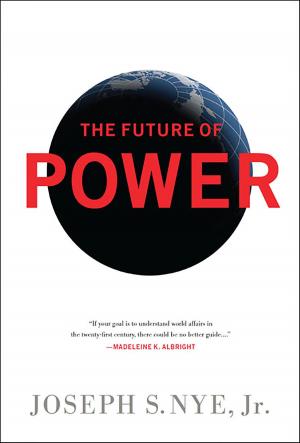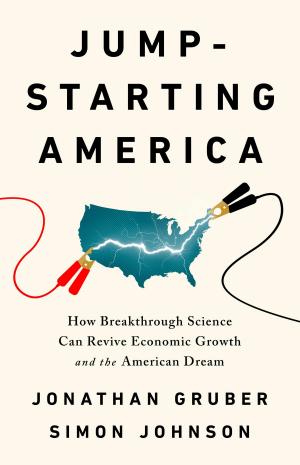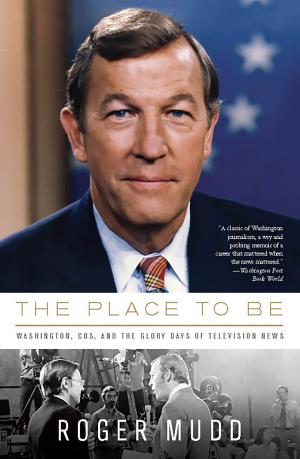The World in Conflict
Understanding the world's troublespots
Nonfiction, History, Military, Social & Cultural Studies, Political Science, Religion & Spirituality| Author: | The Economist, John Andrews | ISBN: | 9781610396189 |
| Publisher: | PublicAffairs | Publication: | January 26, 2016 |
| Imprint: | The Economist | Language: | English |
| Author: | The Economist, John Andrews |
| ISBN: | 9781610396189 |
| Publisher: | PublicAffairs |
| Publication: | January 26, 2016 |
| Imprint: | The Economist |
| Language: | English |
In the last decade, the USA and its allies have invaded Afghanistan; Russia has sent troops into Ukraine; Britain and France helped topple a regime in Libya; the militant group ISIS has emerged in the Middle East; and across West Africa, the quest for precious minerals has both financed and caused conflicts.
Other conflicts are less bloody, but still dangerous - the nervous stand-off between India and Pakistan in Kashmir, for instance, or the continuing stalemate between nuclear-armed, totalitarian North Korea and capitalist, democratic South Korea. Can we be truly confident that these arguments will not lead to armed conflict - whether by design or by human error?
In The World in Conflict, John Andrews tackles head-on the reasons why global conflict is an ever-present in our lives. He analyses today's conflicts continent by continent, considering the causes, participants, impact and likely outcomes. He looks at recently-ended wars that remain prone to intermittent fighting. And, crucially, he considers where, why and how new conflicts might erupt.
This is a book for our times, an essential guide for anyone and everyone who wants to know more about the world's main danger spots and how and why war and terrorism persist - in short, how we might better understand our world in conflict.
In the last decade, the USA and its allies have invaded Afghanistan; Russia has sent troops into Ukraine; Britain and France helped topple a regime in Libya; the militant group ISIS has emerged in the Middle East; and across West Africa, the quest for precious minerals has both financed and caused conflicts.
Other conflicts are less bloody, but still dangerous - the nervous stand-off between India and Pakistan in Kashmir, for instance, or the continuing stalemate between nuclear-armed, totalitarian North Korea and capitalist, democratic South Korea. Can we be truly confident that these arguments will not lead to armed conflict - whether by design or by human error?
In The World in Conflict, John Andrews tackles head-on the reasons why global conflict is an ever-present in our lives. He analyses today's conflicts continent by continent, considering the causes, participants, impact and likely outcomes. He looks at recently-ended wars that remain prone to intermittent fighting. And, crucially, he considers where, why and how new conflicts might erupt.
This is a book for our times, an essential guide for anyone and everyone who wants to know more about the world's main danger spots and how and why war and terrorism persist - in short, how we might better understand our world in conflict.

